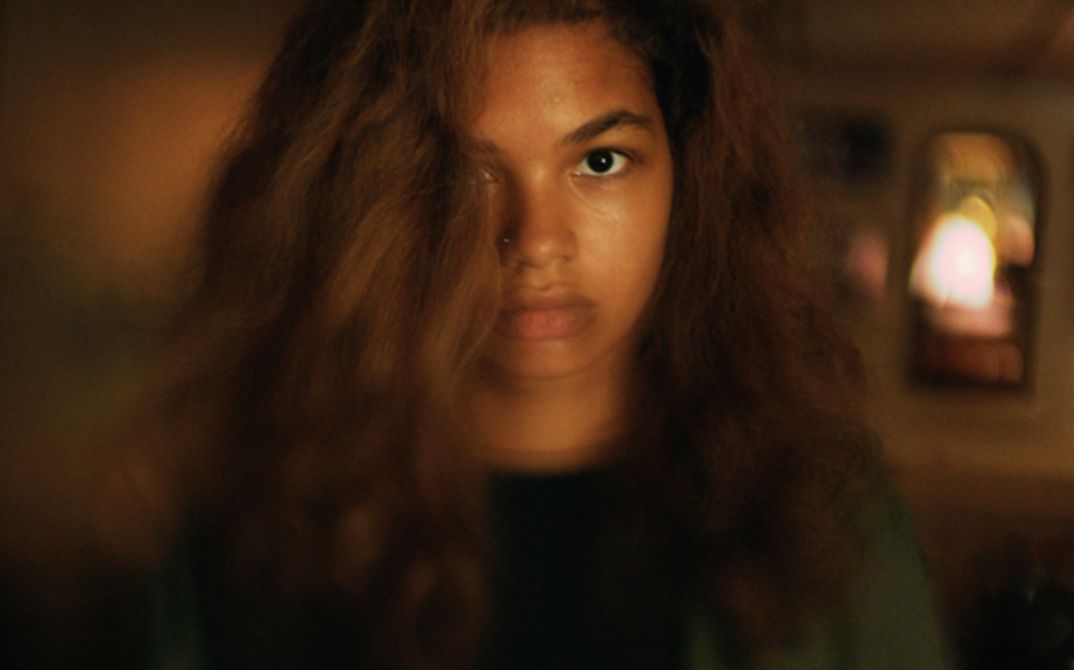93 min. English.
Sometimes Madeline is a cat, sometimes a turtle. But even when she’s Madeline, it’s hard to tell if she’s just playing the role of Madeline. In the eyes of her anxious mother (Miranda July), she is a vulnerable creature whose obvious mental disorder requires care and medical treatment. But on stage, at the theatre workshop run by the extremely demanding, sometimes even reckless Evangeline (Molly Parker), Madeline is strong, impressive – a force of nature.
Director Josephine Decker equally demands everything of her fantastic actress, Helena Howard. Her third feature film sounds out both the healing and potentially destructive powers of performance, what happens when you play around with roles and identities. Like Madeline herself, Madeline’s Madeline remains ambiguous. Do we really need to define what’s a mental illness and what is simply the rebelliousness of a teenager? How do we draw the line between love and overprotectiveness? In a legitimate artistic process in which everyone is giving and taking, where lies the threshold to exploitation? Does creativity even exist without destruction? (Christoph Terhechte)
Josephine Decker was born in London in 1981. After earning a bachelor’s degree in comparative literature and creative writing at Princeton University, she studied literature, film studies and political science in Buenos Aires, Argentina. She began shooting her own short films in 2003. Today she works as a screenwriter, director, editor, and producer. In 2017, she shot the VR film The Nothing is Coming in Berlin.
